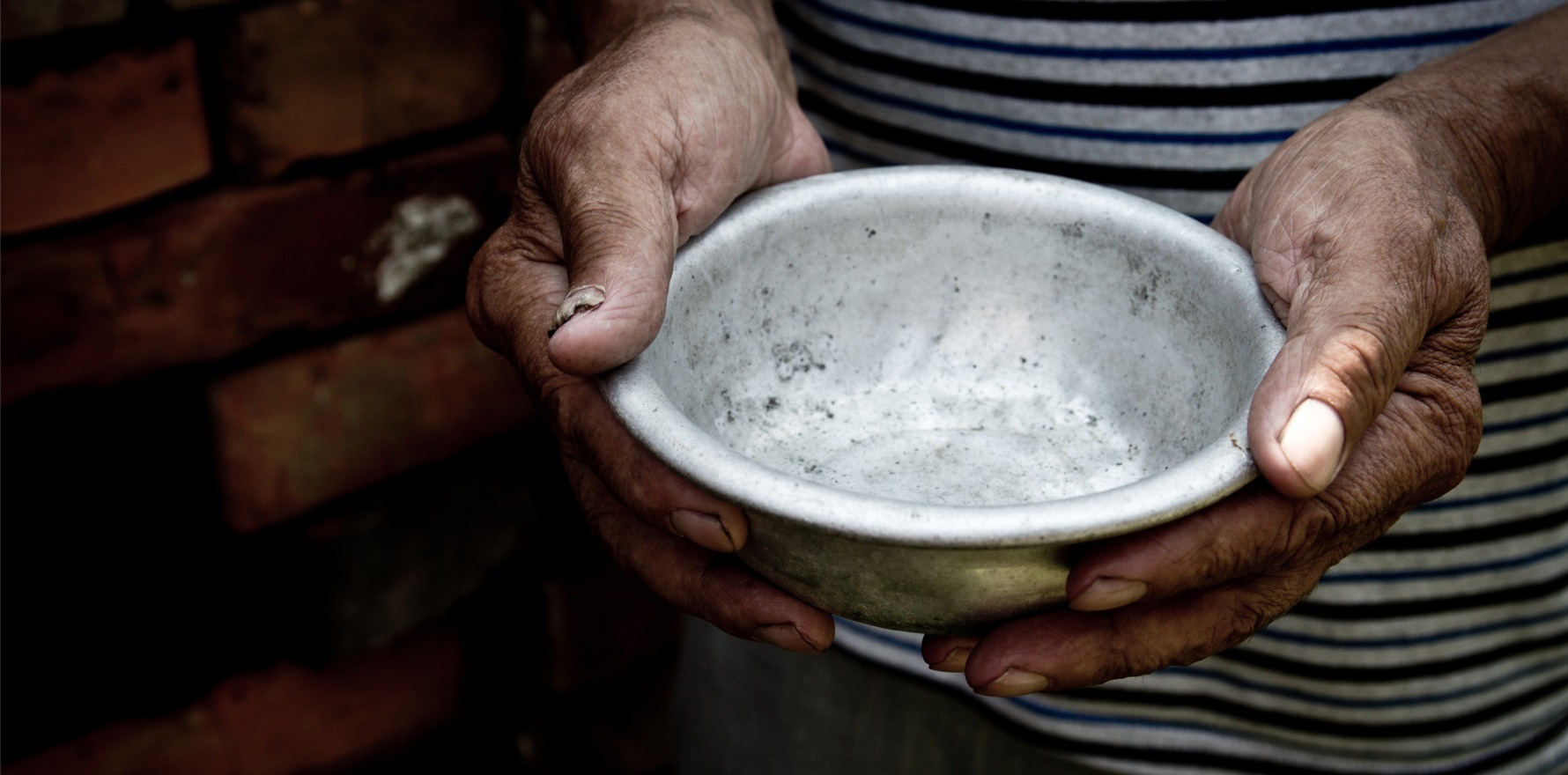It’s time to put away our begging bowls and change what’s in our power to change.
The MBS rebates were updated on 1 July as they are each year. They were raised by 3.5%, below CPI.
After a decade of rebate freeze, this is well below the actual cost of providing a decent service.
Add to that rises in the minimum wage, superannuation and other associated costs of running a business and personally, cost of living.
Yet daily I am still seeing my peers asking, cajoling and even begging for someone in government to do the right thing and fund general practice better.
They roll out maths to show how much more efficient general practice is, not just in Australia but globally; how wasteful the urgent care clinics are.
They point out their own busy days for which they earn a pittance compared to working in a UCC.
They note how much waste has already occurred in ad hoc care and what those millions could realistically have done better if invested instead in general practice.
All are valid points and yet …
At some point, I scroll past. Disengage.
I see similar reactions from the public – we all do. “Greedy GPs” should “stop whingeing”, etc.
There is only so much we can beg and plead for someone (else) to care before people simply label it as self-serving or self-pitying.
So what is left?
General practice as a speciality is dying and will soon be dead if nothing changes.
And yet, this degree of begging and complaining and maths is unhelpful. Why?
Because the government has decided it is not interested in investing in general practice.
The public and media are not interested unless it is free – who cares what that means as long as it’s free to the user? Even if they can afford to and do pay, they are bitter about it. I hear in clinic at least weekly: “They charge $110 for 15 minutes!”
It leaves those of us left in general practice with a choice: do we continue as is and hope for the best, or do we pivot and embrace the changes since we don’t have a choice in them?
Complaining rarely achieves change if there is no motivation to do so, and the government has been showing us for over a decade now that there is not.
To my mind, all that is left within our control is to change what we can.
- Patient rebates are not our responsibility
- What the government chooses to invest in is not in our capacity to influence
- Whether the government listens, or the public cares, is outside our control
Meanwhile, we have the rising cost of running a practice (if you are a contractor who chooses to bulk bill or discount, it’s costing the practice revenue).
So what do we do when it feels like there is only one right answer (charge most people) and that feels like the wrong answer for any number of reasons?
I’ve been privately billing for 11 years and I still struggle to talk about money with my patients and still am tempted to waive late cancellation fees, so I suspect it is a universal struggle among healthcare professionals who’ve never been taught to discuss money.
So rather than focus on the ick factor associated with charging gap fees or raising fees or saying no (because you may rightly assume that I don’t understand how your circumstances are different) I’d like you to ponder what’s likely to happen if you continue as you are.
- What, if anything, will change?
- What will need to give, in your practice or your life, to make room for the lost revenue from accepting less than 50% of the true fee for your services?
- What will that do to your practice in terms of how many patients you’ll need to see per day to bill similar amounts of money?
- What will that do to your safety in terms of seeing more patients per hour, some of them with real needs who may feel fobbed off with the time you do manage to give them?
Related
When I began charging some patients (25% of them back then) a gap fee, it was in small part because as a solo parent, I was not earning enough money to pay my own bills; in large part, it was because I was getting too busy and seeing too many patients in a way that felt unsafe to me. It had less to do with money and more to do with my constant awareness that I was going to make a mistake, simply because too much was being asked of me.
Market rules don’t change, but we aren’t simply salespeople – we are healthcare professionals with a duty of care. We are handling drugs and instruments that could cause real harm if we are distracted, tired or chronically stressed.
Something needed to change.
I sometimes wonder if I’d not switched to charging gap fees in 2013, would I have done so in the intervening years, and if so, when?
If I’d stayed on the course that I was on then, and was still a bulk-billing GP, would I still be in clinical practice now?
My honest answer is, probably not.
So many of my (female) colleagues are burnt out, closing up their practices and even leaving general practice. The reasons usually cited:
- Not making enough money to make the stress worthwhile
- Pressure to bulk bill and discount
- Chronically running out of time with patients who book a standard appointment and come with a list of issues that would easily take twice as long (and cost more)
They tell me they “know” what they should be doing, “but …”
As with my psychotherapy patients, my job isn’t to tell them what to do. My job is to hold space with them and watch the eventual fallout that we all know is coming if nothing changes, or to keep asking questions till something clicks for them.
Complaining about the things we feel helpless to change can feel temporarily empowering. The problem is, nothing actually changes if the power isn’t with us and over time, it can feel worse and more disempowering. It can lead to some eventually falling away and dropping out – quitting general practice, taking indefinite leave, switching specialities or just leaving clinical work altogether.
The things that need to happen aren’t the easiest nor do they always feel good in the moment but they’re absolutely necessary.
The only way I see for change to come about is for us to change what is within our power to change, if we can accept that challenge.
Dr Imaan Joshi is a Sydney GP; she tweets @imaanjoshi.





